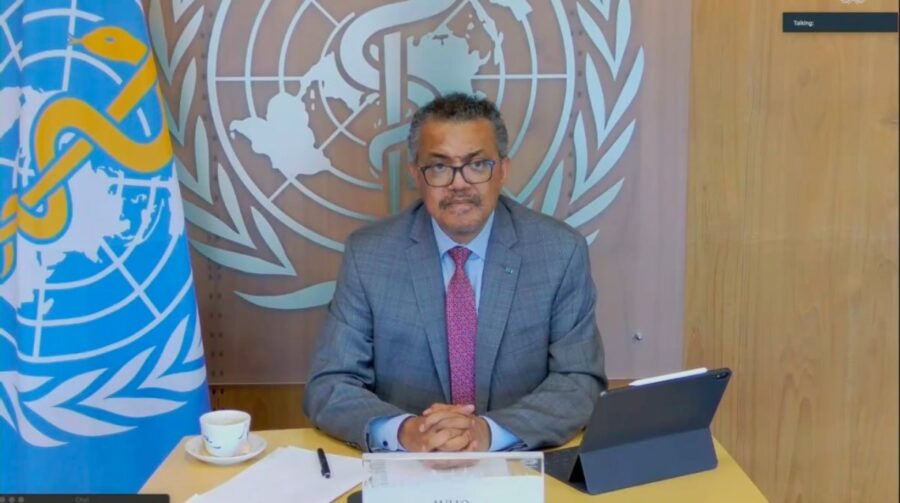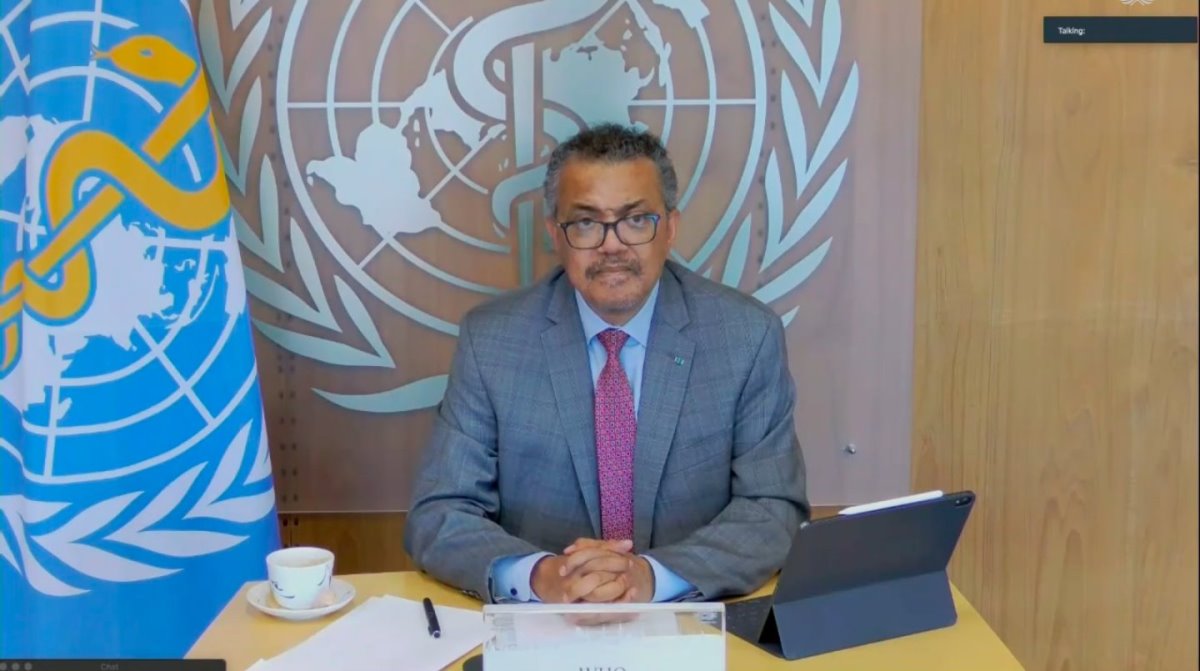
WHO Calls for 10% of Global Population to be Vaccinated by September
Director-General of the World Health Organisation, Dr Tedros Ghebreyesus, this week reiterated his call for 10 percent of people in all countries to be vaccinated by September and for that figure to rise to 40 percent by the end of the year. This would position the world on the path to vaccinating 70 percent of […]

Director-General of the World Health Organisation, Dr Tedros Ghebreyesus, this week reiterated his call for 10 percent of people in all countries to be vaccinated by September and for that figure to rise to 40 percent by the end of the year.
This would position the world on the path to vaccinating 70 percent of the people in all countries by the middle of 2022.
“I call on the G20 Finance Ministers and other leaders to get behind these targets collectively because it is the fastest way to end the acute stage of the pandemic, save lives and livelihoods and drive a truly global economic recovery,” said the Director-General at a media briefing on the COVID-19 pandemic.
This comes as G20 Finance Ministers and Central Bank Governors will gather for the third time under the Italian G20 Presidency on Friday.
Ghebreyesus said some countries with high vaccination coverage are now planning to rollout booster shots in the coming months and are dropping public health social measures and relaxing as though the pandemic is already over.
“However, compounded by fast-moving variants and shocking inequity in vaccination, far too many countries in every region of the world are seeing sharp spikes in cases and hospitalisation.
“This is leading to an acute shortage of oxygen, treatments and driving a wave of death in parts of Africa, Asia and Latin America,” he said.
Variants are currently winning the race against vaccines because of inequitable vaccine production and distribution, which also threatens the global economic recovery.
“From a moral, epidemiological or economic point view, now is the time for the world to come together to tackle this pandemic collectively.
“Later this week, G20 Finance Ministers and Central Bank Governors will meet. This is another crucial opportunity for leaders to take urgent steps to end the acute stage of this pandemic, providing the necessary funding to scale up the equitable manufacturing and distribution of health tools.”
IL-6 receptor blockers
Meanwhile, the organisation has recommended the use of IL-6 receptor blockers, a type of monoclonal antibody, in patients with severe or critical COVID-19.
This treatment, along with corticosteroids, is strongly recommended for patients with severe or critical disease.
This recommendation follows a comprehensive new analysis of 27 randomised trials involving nearly 11 000 patients, which found that treating hospitalised COVID-19 patients with IL-6 receptor blockers reduces the risk of death and the need for mechanical ventilation.
“The study was coordinated by WHO, and is an outstanding example of collaboration amongst trialists and methodologists that allowed us to transparently bring high-quality evidence from around the world together, analyse it and develop timely recommendations.
“The trial demonstrated that for the critically ill, the use of IL-6 receptor blockers led to approximately 28 fewer deaths for every 1000 patients. The medicines also meant the chance of severe and critically ill patients being put on a ventilator was reduced by 28 percent, compared with standard care,” said Ghebreyesus.
The Director-General thanked the global collaboration between international researchers and the patients who agreed to be part of the trials.
However, he warned that like vaccines and other health tools, this breakthrough will only be effective if manufacturing can be scaled up and there is equitable distribution. – SAnews.gov.za
